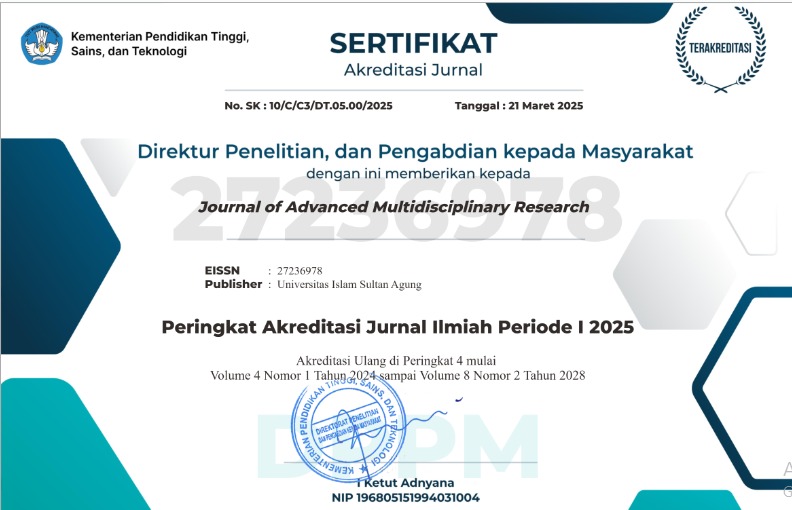Symbolic Interactionism of New Students in New Normal Times: Looking Glass Self through Virtual Class
Abstract
Keywords
Full Text:
PDFReferences
Aridarmaputri, G. S., Akbar, S. N., & Yuniarrahmah, E. (2016). Pengaruh Jejaring Sosial terhadap Kebutuhan Afiliasi Remaja di Program Studi Psikologi Fakultas Kedokteran Universitas Lambung Mangkurat. Jurnal Ecopsy, 3(1). https://doi.org/10.20527/ecopsy.v3i1.1937
Jasmine, S. (2020). Keluhan Mahasiswa Baru dalam Perkuliahan Secara Daring. Retrieved from https://muda.kompas.id/baca/2020/11/27/keluhan-mahasiswa-baru-dalam-perkuliahan-secara-daring/
Kartono, H. (2003). Teori Interaksi. PT. Gramedia.
Littlejohn, S. W., & Foss, K. A. (2009). Teori komunikasi. Salemba Humanika.
Lubis, H., Ramadhani, A., & Rasyid, M. (2021). Stres Akademik Mahasiswa dalam Melaksanakan Kuliah Daring Selama Masa Pandemi Covid 19. Psikostudia: Jurnal Psikologi, 10(1), 31. https://doi.org/10.30872/psikostudia.v10i1.5454
Mahestu, G. (2012). Dunia Intersubjektif Warga Penghayat Aliran Kebatinan Perjalanan. Universitas Padjajaran.
Nawawi, H. (2012). Metode Penelitian Kuantitatif Kualitatif. Alfabet.
Putra, E. P. (2021). Pola Komunikasi Wartawan Istana dalam Membuat Berita memproduksi berupa laporan dan tulisannya dikirimkan atau dimuat di media massa secara menugaskan jurnalis di Istana dengan tetap mengikuti persyaratan yang sudah ditetapkan dan rekan untuk meliput, TI. 5(1), 30–41.
Rahman, M. S. K., Kurniaaji, B., Sudargono, A., & Rohsulina, P. (2022). Analysis of the Use of Learning Media Applications in Online Geography Subjects During the Covid-19 Pandemic for Senior High School Students. Jurnal Komunikasi Pendidikan, 6(2), 58–66. https://doi.org/10.32585/jkp.v6i2.1995
Rasyida, H. (2020). Efektivitas Kuliah Daring Di Tengah Pandemik. Jurnal Edukasi, 1(November), 1–8. https://edarxiv.org/n9ub2/download?format=pdf.
Zanki, H. A. Z. H. A. (2020). Teori Psikologi dan Sosial Pendidikan (Teori Interaksi Simbolik). 3(23), 115–121.
DOI: https://dx.doi.org/10.30659/jamr.4.1.1-7
Refbacks
- There are currently no refbacks.
Copyright (c) 2023 Urip Mulyadi, Mubarok, Agus Triyono
Journal of Advanced Multidisciplinary Research (JAMR) is published by Research and Community Service Department (LPPM) Universitas Islam Sultan Agung Semarang, Indonesia.
Address: Jl. Kaligawe Raya Km. 4 Semarang, Indonesia.





